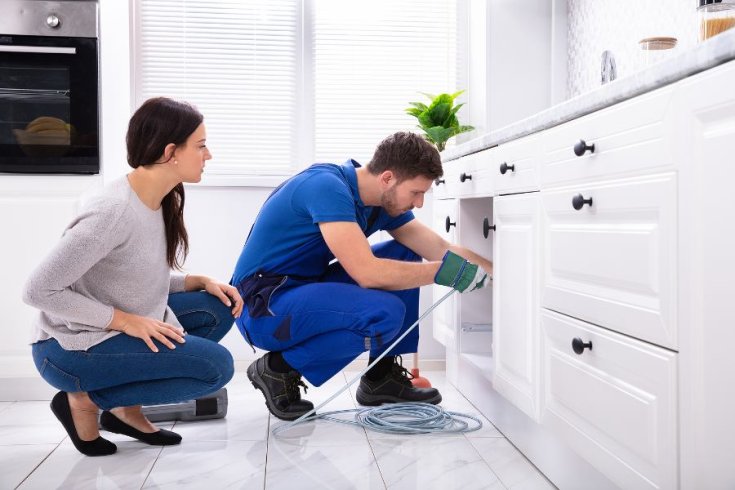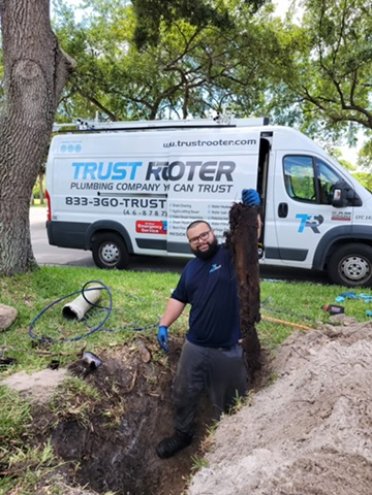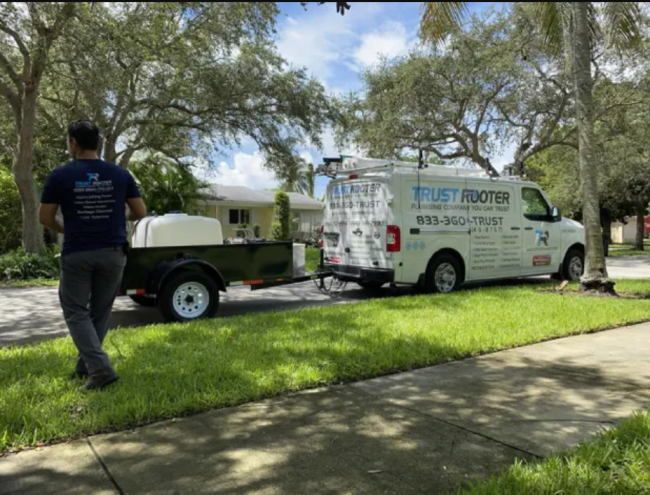Why Is My Water Taking Too Long To Heat?
If you’ve ever stood around waiting for hot water to arrive, you know how frustrating it can be. Waiting for heated water can be a time and energy-consuming process, whether it is for a morning shower, dishwashing, or cleaning. However, what is the reason for the prolonged heating time of your water? There could be a few reasons behind this, and luckily, most of them can be addressed with the help of a professional plumber.
In this blog post, our professionals from Trust Rooter Plumbing & Drain Cleaning will explore the common causes of slow-heating water.
Aging Water Heater
One of the most common reasons for slow hot water is an aging water heater. Over time, water heaters become less efficient due to wear and tear. Sediment buildup inside the tank, particularly in areas with hard water, can decrease its ability to heat water effectively. If your water heater is more than 10-15 years old, it may be time for a replacement. A licensed plumbing service can inspect your water heater to determine whether it is the cause of the interruption and suggest an appropriate solution.
Distance Between Water Heater and Faucet
The duration of time it takes for hot water to arrive is significantly influenced by the distance between the water heater and the faucet you are attempting to use. The longer the water must travel, the longer the delay. Unfortunately, the layout of your home’s plumbing system can’t be easily changed. However, you can install a hot water recirculation pump. This device ensures that hot water is continuously circulated through the pipelines, thus guaranteeing it is easily accessible when required. A plumber can assist in the efficient installation of this system.
Issues with Your Pipes
The pipes themselves could be contributing to the delay. The flow of water can be slowed by corroded or damaged pipes, resulting in an extended wait for hot water to reach your faucet. Older galvanized pipes are vulnerable to corrosion and rust, which impede water passage. Modern plumbing materials, such as copper or PEX, are more efficient. A plumbing repair service can evaluate your pipelines and recommend any mandatory replacements.
Water Heater Size
The capacity of your water heater may also be a contributing factor. If you have a small water heater but a high demand for hot water, it might not be able to keep up. For example, a family of four or more will require a larger tank than a single individual or couple. If the water heater is too small for your household’s needs, it’ll take longer for the hot water to heat up as the heater is constantly working to replenish its supply. It is advisable to seek the advice of a plumbing service to determine whether your water heater is suitable for your residence.
Malfunctioning Thermostat
The temperature of the water is regulated by the thermostat in your water heater. If it’s malfunctioning, the heater may not be warming the water to the set temperature. When the thermostat is set too low or is faulty, your water will either take a long time to heat up or never reach the desired temperature at all. A brief visit from a plumber can assist in determining whether the thermostat is the source of the issue and whether a simple adjustment or repair is required.
Need a Reliable Company?
Are you in need of a water heater repair? Luckily, we at Trust Rooter Plumbing & Drain Cleaning have dedicated workers ready at your service. Contact our representatives for more questions.
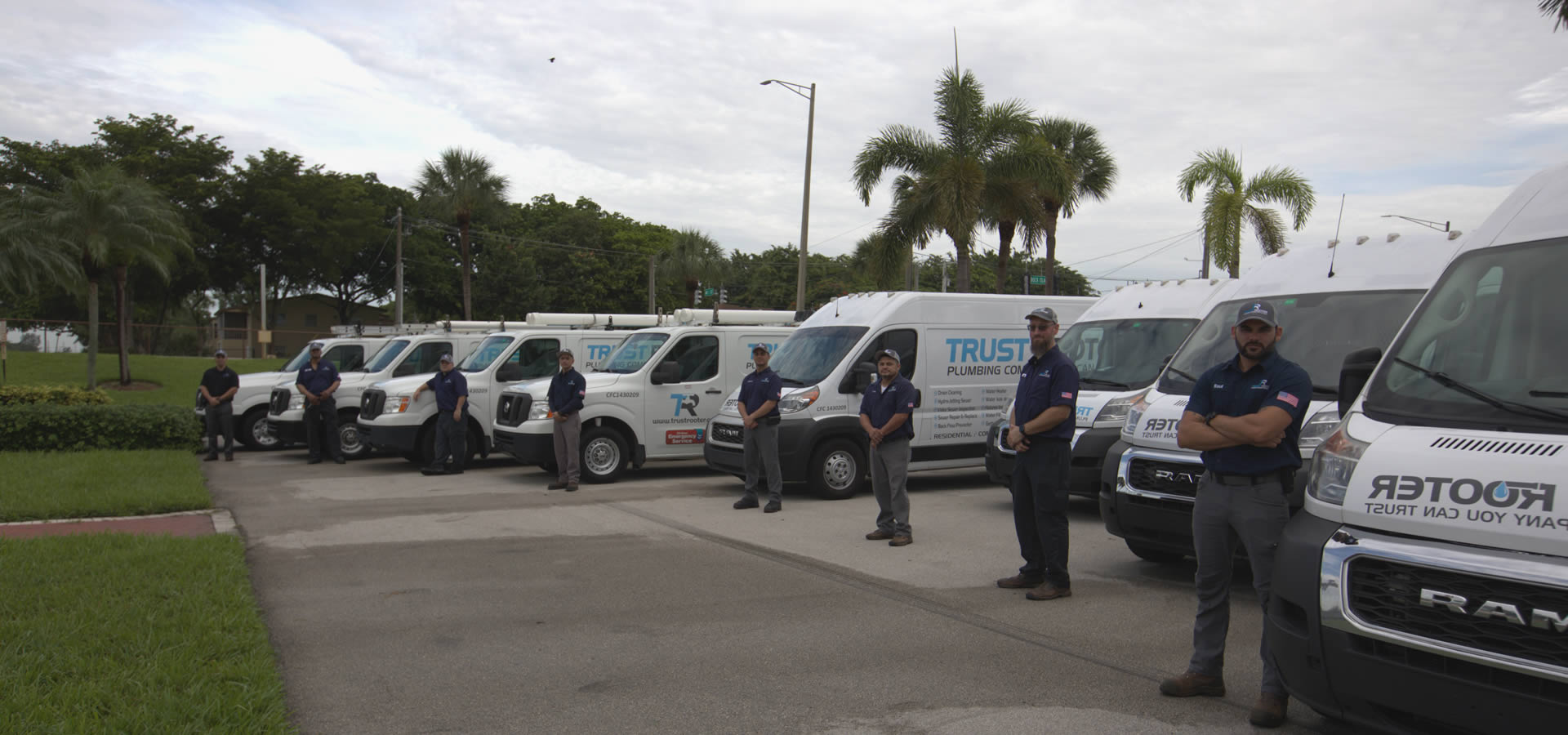
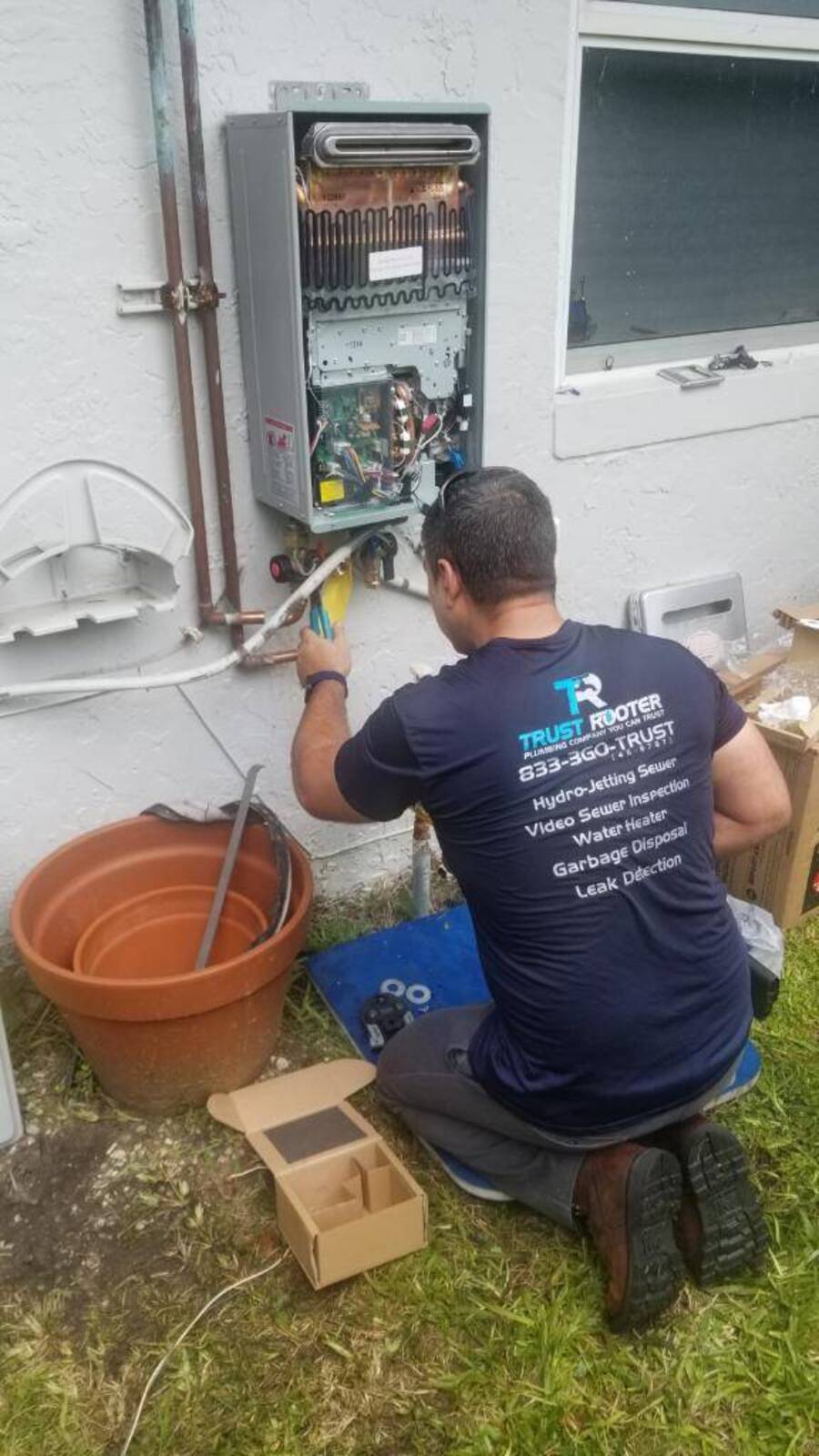

 Oct 12,2024
Oct 12,2024